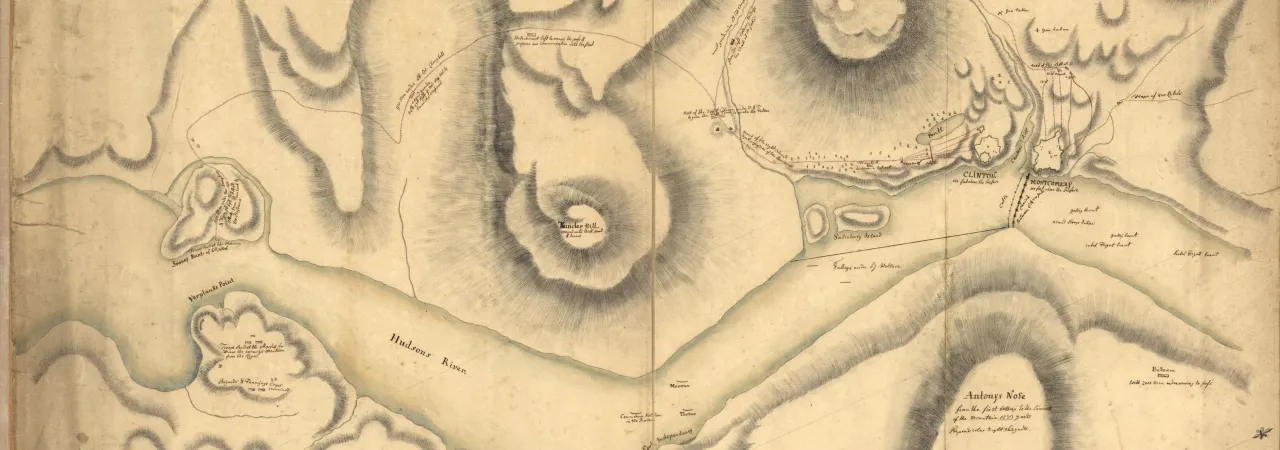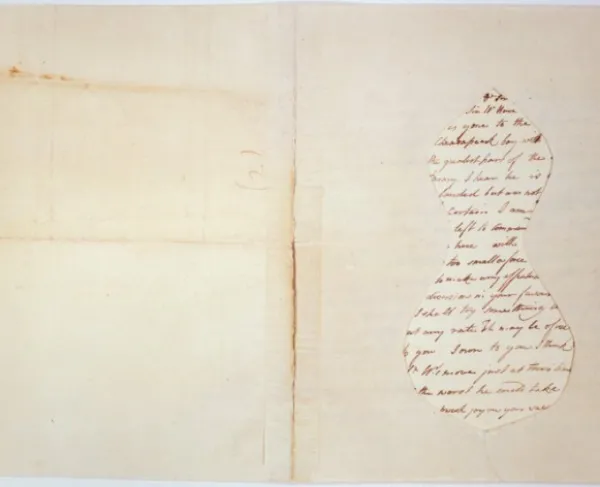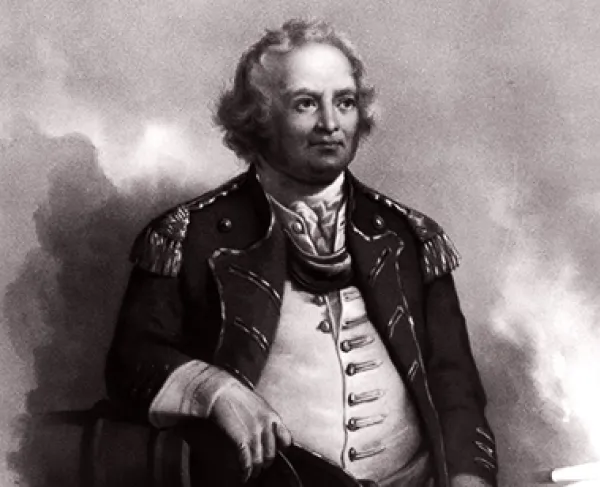Fort Montgomery, NY | Oct 6, 1777
For much of the American Revolution, American and British strategy was centered in and around New York City, including the Lower Hudson River region from West Point south to New York Harbor. In the Lower Hudson Region, land adjacent to the river on both sides was a veritable no-man’s land. At West Point, the Americans had placed the Hudson River Chain, a long chain that stretched across the river to prevent the British from sailing further north. During the Saratoga Campaign of September and October 1777, much activity took place in the Lower Hudson River Region and in the highlands of the Hudson River valley, close to West Point.
Some of the key American fortifications that had been erected by the Americans were located at Peekskill on the east bank of the Hudson and Forts Montgomery and Fort Clinton on the west bank of the river just below West Point.
Part of the British grand strategy in 1777 was to separate the New England colonies from the rest of the American colonies by seizing control of the Hudson River south from Lake Champlain to New York City. Intended to be a coordinated effort on the parts of British Generals John Burgoyne, Sir William Howe, and Colonel Barry St. Leger, the plan never fully went operational due to miscommunication and infighting within the British high command. Burgoyne got his army heading south from Canada, seizing Fort Ticonderoga without a shot being fired, and by late September, was just north of Albany, New York, the intended juncture point, at Saratoga. Howe decided to move south and attack Philadelphia, while St. Leger was occupied by the Siege of Fort Stanwix and the Battle of Oriskany.
In a feeble effort to coordinate with Burgoyne, British general, Sir Henry Clinton, moved to assist Burgoyne by attacking the American fortifications 60 miles north of New York City on October 6, 1777, capturing Forts Clinton and Montgomery and dismantling the Hudson River Chain. The forts were garrisoned by a collection of New York State Militia, a contingent of the Continental Army, and commanded by American generals George Clinton, who was also the Governor of New York, and his brother James Clinton. The troops stationed at Peekskill were led by Gen. Israel Putnam. Often coined with the moniker, the “Battle of the Clintons” due to the number of leaders with the same last name, it proved to be a British tactical victory.
After a feint by the British, which Putnam bought into, moving the bulk of his men to the east bank of the Hudson, the British landed 2,000 troops on the west bank to launch their assault on Forts Montgomery and Clinton. With the garrisons severely reduced in number and even with having a small fieldpiece on hand the forts quickly surrendered to the British after a brief, but hot, struggle. The American casualties were high, with them having lost half their number. Unfortunately for Burgoyne, the attempt was too little, too late, as he surrendered to General Horatio Gates on October 17, 1777. Before being recalled back to their posts in New York City, the British destroyed both forts.
Forts Clinton and Montgomery: Featured Resources
All battles of the Saratoga Campaign
Related Battles
600
2,100
338
182









